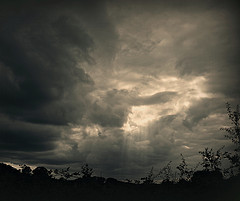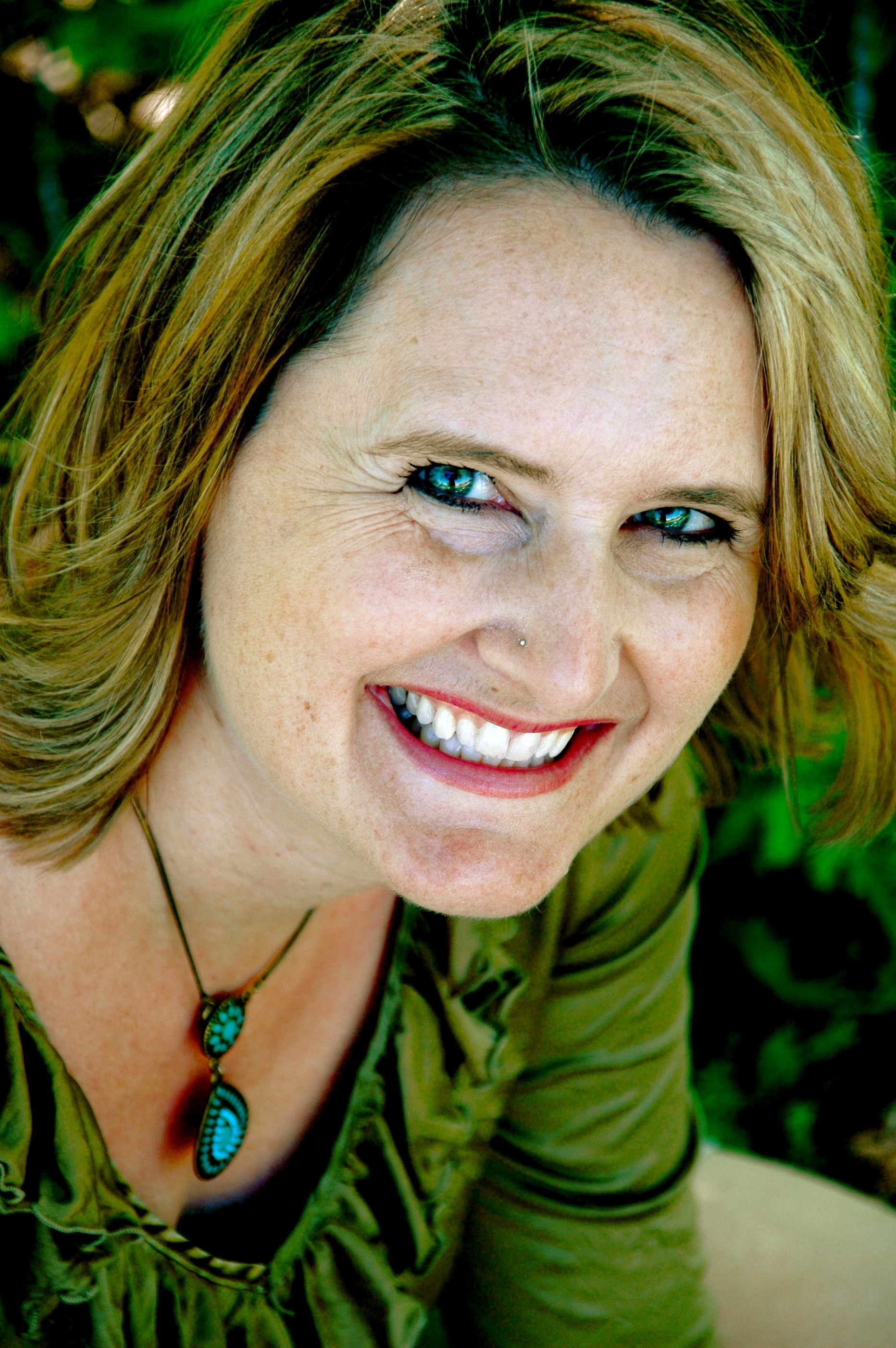You know you’re lost in the weeds when frustration sets in.
The weeds.
That’s the place off the narrow path.
And what’s the common wisdom for those who are lost? Stay put.
You will be found.
And indeed, it’s not that God will look for you and find you.
Because he knows just where you are. And he knows you.
You will instead awaken to him, and finally
Notice that he’s beside you, and you are not lost at all.
The benefit of a solid theology
Is knowing that there is no place that God is not.
O, God, let me find you in the weeds.













 –
–